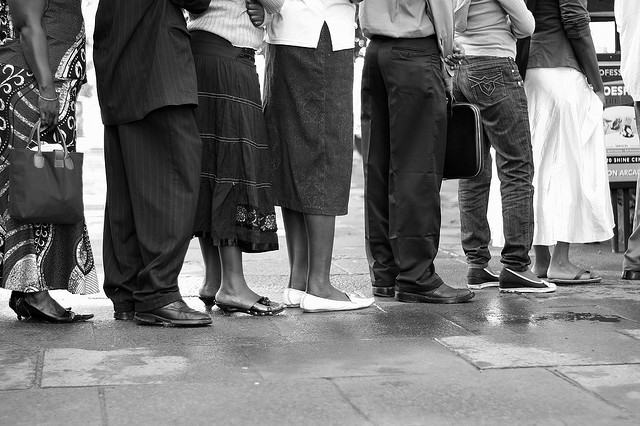Consolidating the future of the NHS
Consolidating the future of the NHS
The NHS England planning guidance was published at the end of March, and the key word in the document is…

Speaking to health and social care professionals I often come across a frustration at how resentful people can get when they are asked to help look after family members. Irrespective of whether such a reaction is justified, in some cases yes in others no, there is always the ever present spectre of entitlement.
To pay attention to the coverage around public service usage it feels like, and this is such a tabloid term so please forgive me, sense of entitlement has grown over the last decade. I’ll even admit that my own behaviour has reflected this too. For example, my natural reaction when planning a trip abroad was just to book an appointment with the travel nurse. Only after the (significant) hassle of getting an appointment, as I was watching the nurse google ‘Malaria prevalence map’, did it occurred to me that I could probably have done it myself.
The reassurance of a trained professional, particularly prevalent when it comes to medical issues, is understandable. However, the reality is that we probably could do more for ourselves, even if that’s just thinking about the problems we have before putting ourselves forward for assessment by a professional. It feels sometimes like we’re outsourcing our decision making about our future, be it health, social care, pensions or social security, to the state (or the army of adjutants employed by the state to help us).
Whether it’s a concern with promoting our services and ‘increasing take up’, wanting glowing referrals from the friends and family test or even basing the funding of services on the number of people that use them, current systems incentivise the encouragement of increasing usage. Public services in general have been participants in the growing of demand for services. Thus, any entitlement I or others may feel towards a public service might not be a reflection of any personal conceited nature, but rather could be the outcome of what has become a deeply unbalanced relationship.
The dynamic that exists between the citizen and the state is currently in flux. We’re currently redrawing the boundaries of that relationship. The more we as individuals begin take more socially (and personally) responsible choices the less of our lives we outsource to the state and, importantly, the more sustainable the relationship is between the two.
image via photopin